Table of Contents
The root causes of pain under the breast are vast. But what are the different organs that can cause this pain? Is this pain coming from your heart or lungs? Is it just psychological pain, or is it coming from a slight muscle pull? What features of pain should make you run to the hospital, and what diseases can be managed at home? Maybe you wondered, what is this pain under my left breast?
Everything related to pain under the breast and its alarming and inert features are elaborated here.
Sharp pain under the breast when breathing in: Possible reasons

Sharp pain under the breast or chest pain has various causes, from heart-related serious pathologies to stomach-related benign reasons (1).
Following are the different diseases that can cause sharp pain in the breast region:
Pain due to the lungs
Lung infection, also known as pneumonia, can cause sharp pain in the chest or breast region. Pain due to pneumonia can get worse with deep breathing or coughing. Other associated symptoms are fever, shortness of breath, low energy, chills, or nausea (2).
Pneumonia can cause pleurisy, which is the inflammation of the lining surrounding the lungs. Pleurisy pain gets intense with breathing and may radiate to the back or shoulders (3).
Another possible cause of pain due to lung problems is pulmonary embolism. A pulmonary embolism is a blood clot in the blood vessels of the lungs and may cause stabbing pain and breathlessness (4).
Lung cancer can also cause sharp chest pain over a long period. This is because of the compression of nerves by cancer cells. Other symptoms of lung cancer are breathlessness, blood in phlegm, recurrent lung infections, and prolonged cough (5).
Pneumothorax is a collapsed lung caused by air around the lungs compressing them. It may cause pain in the breast region (1).
High blood pressure in the blood vessels of the lungs (pulmonary hypertension) also causes chest discomfort (1).

Pain due to heart-related causes
The heart is situated slightly on the left side of your chest. Pain due to a heart attack involves chest discomfort on the left side of the chest or the left breast region. It feels as if someone is compressing your chest. A Heart Attack occurs when blood flow to the muscles of the heart is compromised. The pain may radiate to the left shoulder, arm, lower jaw, neck, or back. Other than pain, a heart attack may be present with shortness of breath or lightheadedness (6).
Pericarditis can also cause sharp chest pain that gets aggravated when lying down on your back or taking deep breaths. Pericarditis is inflammation (swelling) of the membrane surrounding the heart. Associated symptoms of pericarditis are increased heart rate, mild fever, cough, shoulder pain, and pain improvement with leaning forward (7).
The heart has four valves that allow blood from one chamber to another chamber or major blood vessels. If valves become leaky or hardened, it is called valvular heart disease. Valvular diseases also present with chest pain, breathlessness, lightheadedness, or swelling in feet (8).
Hypertrophic cardiomyopathy (HCM) affects the heart’s pumping ability due to heart wall thickness or stiffness. It presents with pain under the breast that gets aggravated during physical exertion, rhythm problems, fatigue, or dizziness (9).
Arrhythmias are disturbances in the heart’s rhythm. Rhythm problems may present with faintness or chest discomfort (10).
Pain due to gastrointestinal pathologies
Pain due to problems related to the food pipe (esophagus) or stomach may cause discomfort or burning pain behind the breastbone or on the left side of the chest (11).
Gastroesophageal reflux disease (GERD) is a common problem that occurs when acid in the stomach goes back to the food pipe and causes a burning sensation or pain in the chest or behind the breastbone (sternum). Its other associated symptoms are difficulty swallowing, upper abdominal pain, or a sour taste in the mouth (12).
Peptic ulcer disease (PUD) results from disruption of the lining of the stomach or duodenum (the first part of the small intestine). Like heart attacks, PUD sometimes causes chest pain. It may also present with weight loss, recurrent heartburn, vomiting with blood, or upper abdominal pain (13).
Anomalies of the food pipe, such as spasms of muscles of the esophagus (esophageal spasm), hypersensitivity of its lining (esophageal hypersensitivity), problems with sphincter relaxation of the esophagus (achalasia), or inflammation of food pipe (esophagitis) can cause left breast pain (11).
Gallbladder inflammation is known as cholecystitis, while pancreas inflammation is called pancreatitis. Cholecystitis and pancreatitis can mimic cardiac pain and may present with chest pain. The pain may radiate to the back (in case of pancreatitis) or right shoulder (cholecystitis). As these conditions lead to serious complications, your doctor will rule out these problems after excluding cardiac causes (14, 15).





Pain due to breast-related causes
Breast pain, also known as mastalgia, has various causes. It may feel like sharp, stabbing, crushing pain or tightness in the breast. Breast pain can be cyclical or non-cyclical. Cyclical breast pain occurs due to hormonal changes that occur with menstruation each month. Non-cyclical pain has nothing to do with the menstrual cycle and hormonal fluctuations (16). The following are the common diseases that cause mastalgia (16, 17):
- Breast Infection (mastitis) can lead to redness, swelling and breast pain
- Breast cyst that presents as a lump in the breast
- Breast injury
- Unsupportive bra
- Breast cancer
- Medication side effects such as antipsychotics, diuretics (urine-inducing medicines), or hormonal pills.
Pain due to chest muscles or bones
Sharp pain in the breast region can be due to muscle—or bone-related diseases or injuries. Costochondritis is swelling of the tissue that attaches the ribs to your breastbone. It is also known as chest wall syndrome. The most prominent symptom of costochondritis is breast pain (18).
If you have stretched your chest a little extra or lifted a heavy object, you may end up pulling and straining a muscle in your chest. Strained chest muscles cause sharp pain radiating throughout the chest (19).
Trauma, car accidents, or excessive coughing can cause fractures of the ribs. Rib fractures cause pain in the breast region and may be associated with breathing problems. Pain should be controlled adequately to allow for adequate breathing in order to prevent chronic lung problems (20).
Pain due to psychological issues
Chest pain can occur due to psychological disturbances. Even most of the time, people with panic attacks come to the hospital due to chest pain and feeling as if they are having a heart attack. Generalized anxiety also manifests with rapid heart rate and chest discomfort along with heart sinking (21, 22).
It is very important to consult a doctor and rule out organic causes of chest pain before considering your pain as functional (23).
Sharp pain under the breast or in the breast can occur due to multiple reasons. There can be benign diseases such as breast cysts, anxiety attacks, muscle strains, acid reflux disease, mastitis, medication side effects, esophagitis, or pericarditis. There may be severe diseases such as heart attack, rhythm problems, pulmonary embolism, pulmonary hypertension, lung cancer, peptic ulcer disease, achalasia, or valvular heart diseases.





When to see a doctor
Not every pain in the breast or under the breast is alarming, but there are some features that should prompt you to visit a doctor or hospital urgently. These features are as follows:
- If your chest pain is sudden in onset, radiating to arms, neck, and shoulders, and is associated with shortness of breath, it may indicate a heart attack (3).
- If you have blood in the sputum, chest pain, and a racing heart rate, it may show blood clots in the blood vessels of the lungs (3).
- If you are experiencing a lung infection, have a fever, chest pain, or cough, consult your doctor, especially if you are above 65 and have difficulty breathing. This is because pneumonia in old age can be devastating (2).
- Chest pain along with sweating, lightheadedness, and rapid or irregular heart rate, needs medical attention as soon as possible (1).
- If you are experiencing acid reflux symptoms more than usual, or the symptoms are uncontrolled despite taking medications, you need to make an appointment with your healthcare provider to rule out serious pathologies (12).
- If you have recurrent on-and-off chest pain as well as upper abdominal pain and suddenly feel an escalation of your symptoms, such as rigid abdomen, blood in vomitus, dizziness, low blood pressure, or dark stool, you should go to the hospital on an immediate basis as these symptoms show severe peptic ulcer disease (13).
- If you notice yellowing of your skin along with your right chest, shoulder, or abdominal pain, try to get an appointment as soon as possible. Yellowing (jaundice) may signal a problem with the liver or associated structures (24).
- Breast pain remains localized to a specific area, persistently occurs without any relation to the menstrual cycle, and increases in intensity over time. It should be evaluated by a specialist (16).
- If after an accident or injury to the chest, it is hard for you to take deep breaths, you feel as if you are deprived of enough oxygen, or if you feel squeezing pain around the chest or tenderness at the injury site, do contact your doctor (20).
What can you do to relieve the pain at home? Home remedies
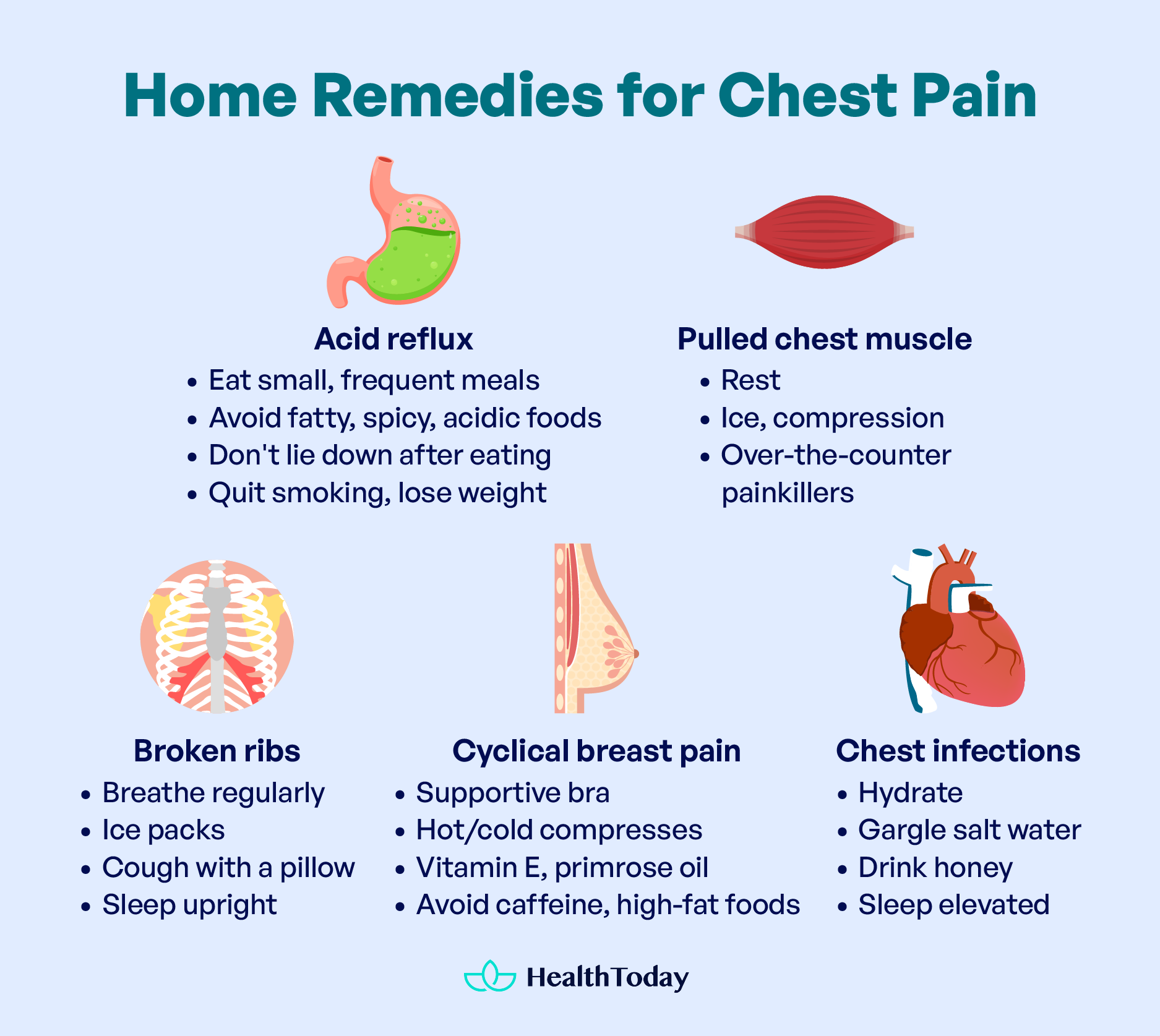

Some diseases that cause breast pain can be managed at home, while others that give alarming signs should be managed at the hospital, as discussed above.
- If mild, the pain of acid reflux disease can be managed with some home tips such as eating small meals at intervals instead of having one big meal. Try to avoid excessive fats, spice, coffee, alcohol, and carbonated drinks. Don’t go to sleep right after having a meal, cut down on cigarettes, and lose weight if you are obese (25).
- If you have a pulled chest muscle, it can be managed at home with rest, applying ice covered in a piece of cloth on the injured muscle, compression bandage on the trunk, and over-the-counter painkillers (e.g., ibuprofen) (19).
- If you have got in an accident and ended up with broken ribs, a few tips to minimize the pain and prevent chest infections are regular breathing along with a few deep breaths every hour, painkillers, ice packing on the affected area, coughing with a pillow placed on the chest and sleeping a little bit upright (26).
- Mild breast pain, especially cyclical breast pain (that occurs with the menstrual cycle due to hormonal changes), can be managed with a supportive bra, hot or cold compresses, vitamin E, evening primrose oil (consult a doctor before starting it), avoiding caffeine and high-fat diet and making a diary to determine the pattern of pain each month (27).
- For the pain of chest infections, along with medical treatment, some home remedies can help to provide relief, such as properly hydrating yourself by drinking adequate amounts of water, gargling with warm and salty water, honey drink, and sleeping with a few pillows under your head (28).
- If you have been through a heart attack and are currently at home, a few things can speed up your recovery along with medical management. These are dietary modifications (e.g., avoiding saturated fats), limiting your physical activities as per your doctor’s advice, and attending cardiac rehabilitation programs. Cardiac Rehabilitation is a supervised program delivered by a team of therapists, nutritionists, and healthcare providers to those who have suffered any cardiac event, and it helps to speed up the recovery process (6).
Not all the diseases that cause pain under the breast can be managed at home, so only a few of them are discussed in this section. For serious diseases such as lung cancer, pulmonary embolism, valvular heart diseases, pancreatitis, etc., you would need expert management by a doctor.





What organ is under the left breast and rib?
How do I know if my left breast pain is serious?
If you have severe pain under the left breast that is sudden in onset, lasts more than five minutes, and is associated with other symptoms such as sweating, shortness of breath, nausea or lightheadedness, rapid heart rate, or pain in jaw, neck or arms, you should call 911 and seek medical attention as soon as possible (1).
Does stress cause left breast pain?
Stress and anxiety can cause pain in the breast region. Even panic attacks can present with symptoms mimicking heart attacks, such as left-sided chest pain and rapid heart rate (22). Stress can also influence hormonal levels, which ultimately lead to breast pain (31, 32).
Can a sleeping position cause breast pain?
Yes, sleeping position can affect breast pain, such as sleeping in a prone position with your chest compressed against the mattress for hours, which can cause pain to get aggravated (33).
What does trapped gas in the chest feel like?
During digestion, gas is produced in our gastrointestinal tract. This gas can exit the GIT through farting. Sometimes, it gets trapped inside the intestines. This trapped gas can move backward and release in the form of burping. The trapped gas causes chest discomfort, sometimes so severe that it may make you think that you have a heart attack. It feels like stabbing pain or a tightening sensation in your chest and abdominal bloating (34).
Summary
Pain under the breast or in the breast can be due to multiple diseases. These include lung infections, pulmonary embolism, lung cancers, pleuritis, heart attack, pulmonary hypertension, heart rhythm problems, valvular heart problems, acid reflux disease, achalasia, peptic ulcer disease, cholecystitis, pancreatitis, medication side effects, hormonal changes during menstruation, breast cyst, breast infections, trauma, strained muscles, and panic attacks.
Some features make this pain alarming, such as the one associated with sweating, dizziness, rhythm problems, high-grade fever, blood in cough, and radiation of pain to arms and jaws. Few benign causes of pain, such as GERD, strained muscles, mild respiratory infections, and mild breast pain, can be managed at home with simple remedies.






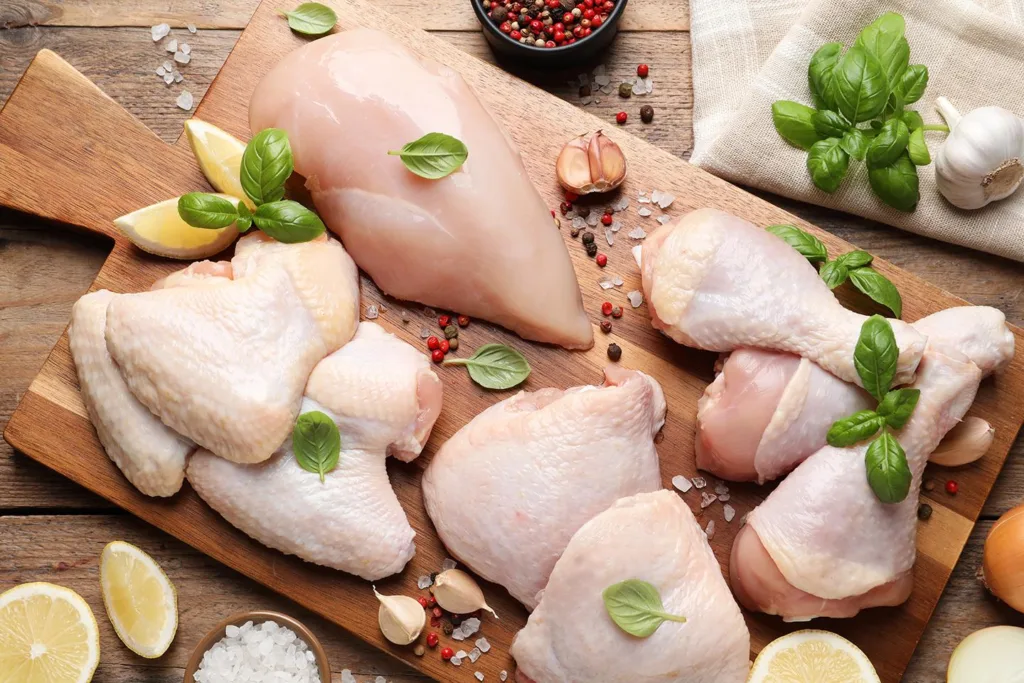
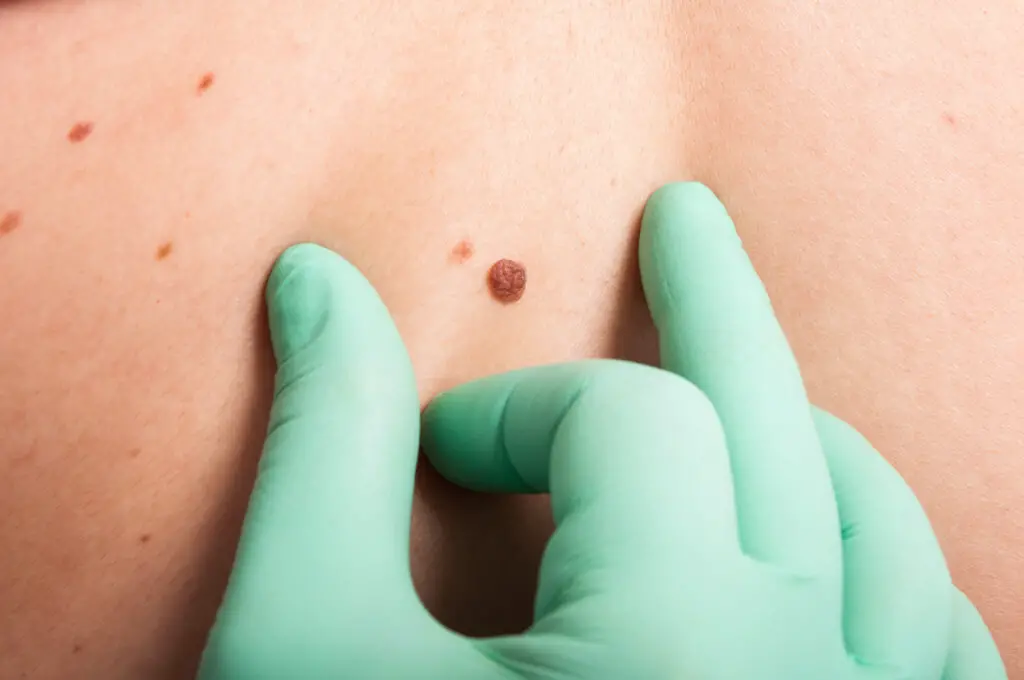

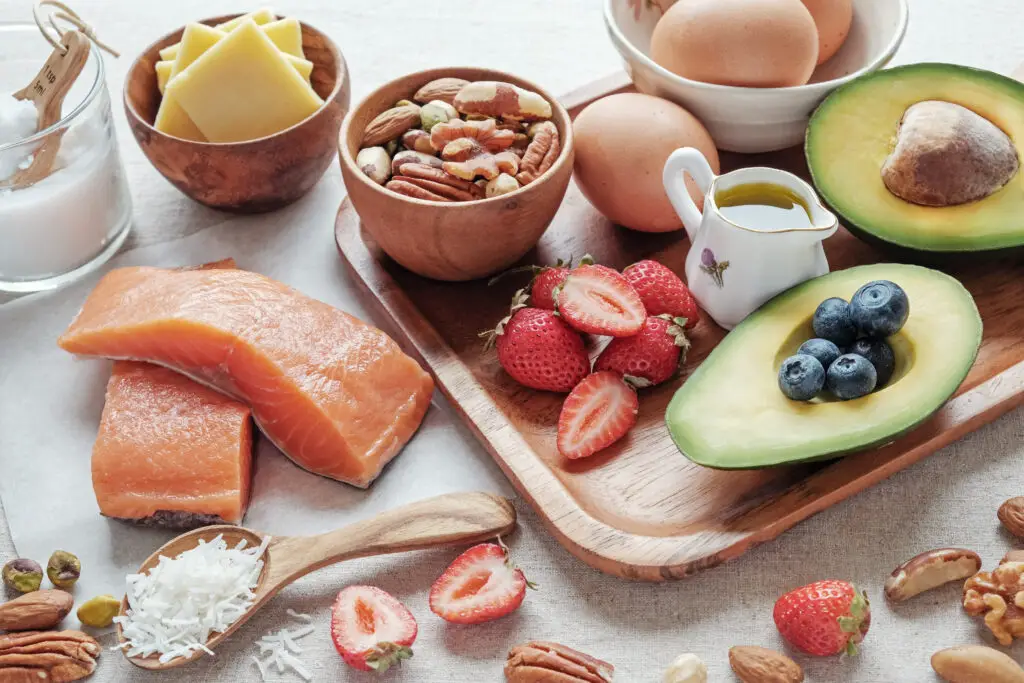


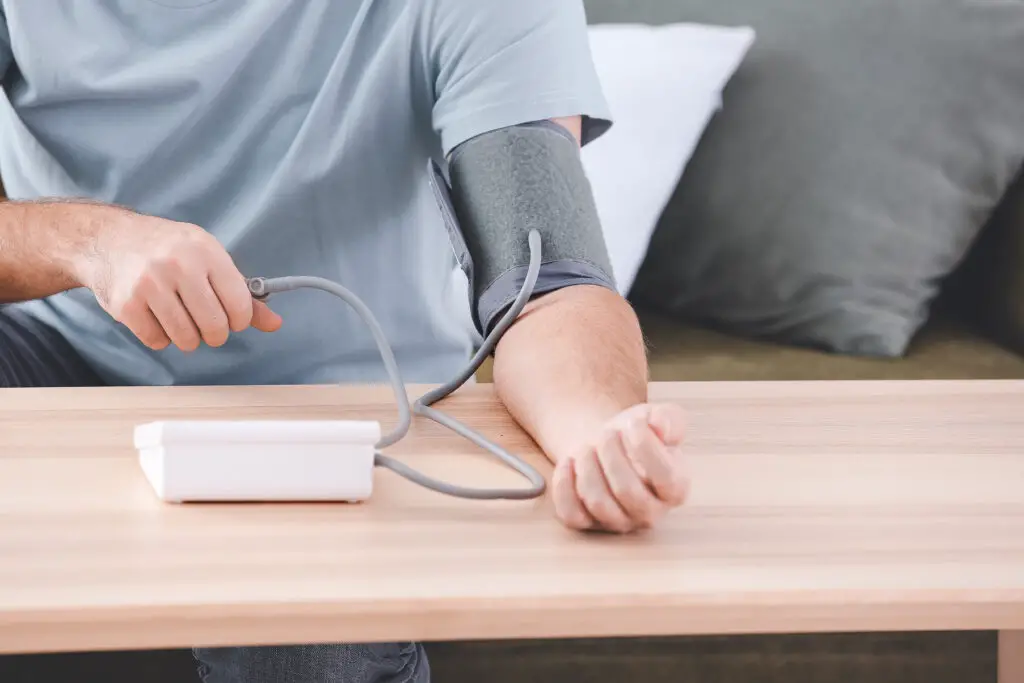



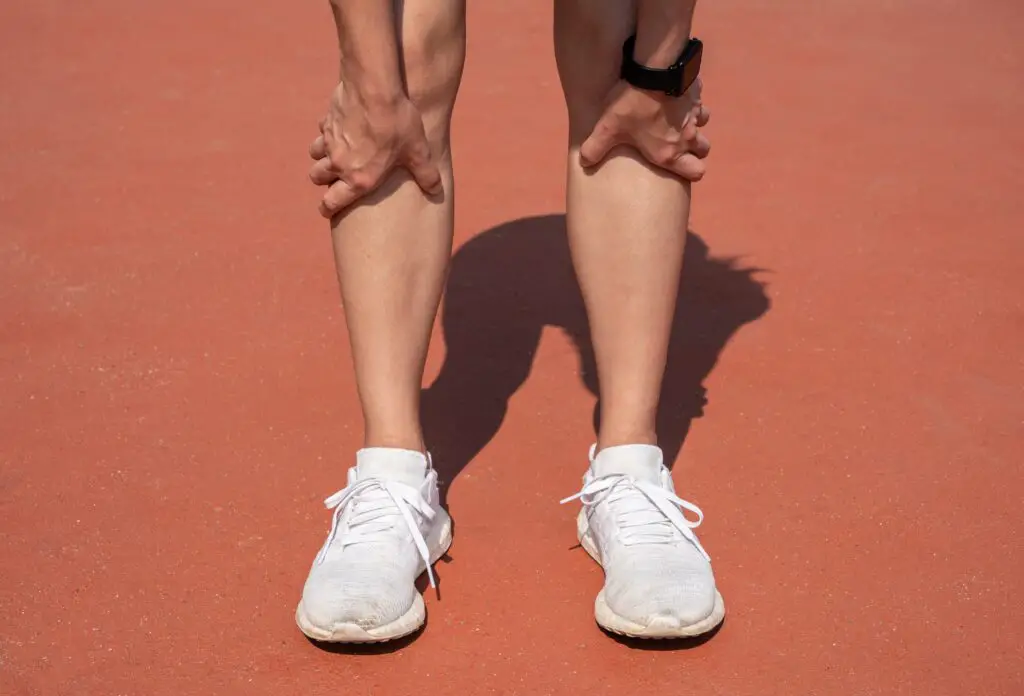
Comments
0